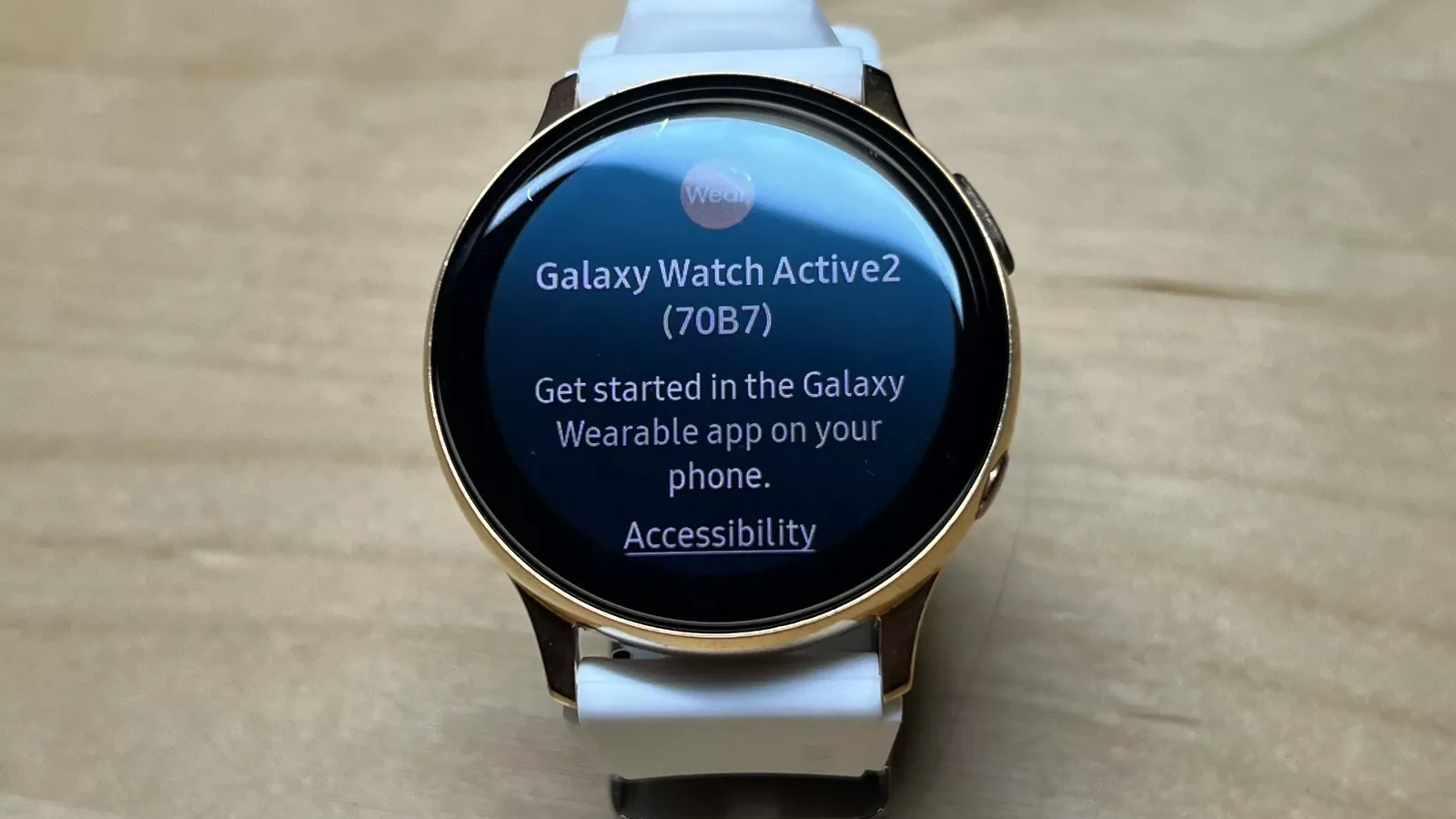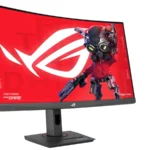When people are deciding on a smartwatch, they often compare Fitbit and Samsung Galaxy Watch models. These brands have different features for different needs. Fitbit is known for being easy to use and for tracking health, making it great for people new to smartwatches. On the other hand, Samsung’s Galaxy Watch has advanced Wear OS features, which are good for people who want a more sophisticated experience. The two brands also have different designs. Fitbit watches are often square, while Samsung watches have a circular face. They also have different performance and technical specifications. Samsung has a wide range of features, while Fitbit focuses on providing simple and easy-to-use software. Fitbit also often includes a Fitbit Premium membership for more detailed health information.
Choosing the Right Fitness Tracker: Fitbit vs. Samsung Galaxy Watch

Both Fitbit and Samsung Galaxy Watch offer a range of fantastic fitness trackers. But which brand is the best fit for you? Let’s break down the key differences to help you decide.
Focus: Fitness vs. Smartwatch
- Fitbit: Fitbit devices prioritize in-depth health and fitness tracking. They offer excellent sleep monitoring, workout summaries, and long battery life.
- Samsung Galaxy Watch: Samsung’s watches are a better choice if you want a true smartwatch experience on your wrist, including access to apps, music streaming, and contactless payments.
Compatibility
- Fitbit: Works with both Android and iOS devices.
- Samsung Galaxy Watch: Requires an Android device (Samsung phones offer the smoothest experience).
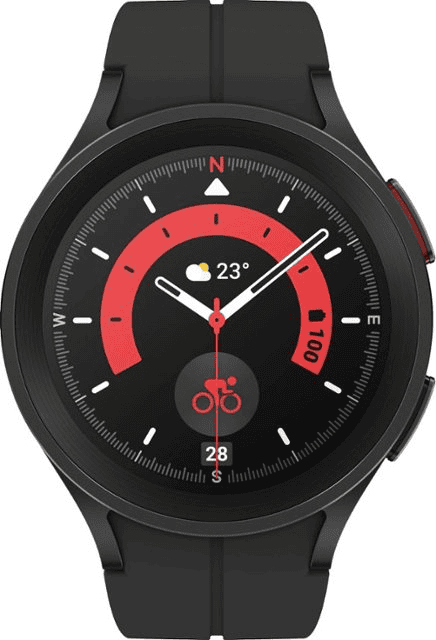
Features
Here’s a table comparing some important features across popular Fitbit and Samsung Galaxy Watch models:
| Feature | Fitbit Versa 4 | Samsung Galaxy Watch 5 |
|---|---|---|
| Heart Rate Tracking | Yes | Yes |
| Sleep Tracking | Yes | Yes |
| GPS | Built-in | Built-in |
| ECG (Electrocardiogram) | No | Yes |
| Blood Oxygen Monitoring | Yes | Yes |
| App Store | Limited | Google Play Store |
| Battery Life | Up to 6 days | Up to 24 hours |
Which One Should You Choose?
- Choose Fitbit if: You mainly want excellent fitness and sleep tracking with long battery life, and you don’t mind limited smartwatch features.
- Choose Samsung Galaxy Watch if: You want a full-fledged smartwatch on your wrist with access to apps and other advanced features, and you use an Android phone.
A Deeper Dive into Fitbit vs. Samsung Galaxy Watch
Let’s delve deeper into the comparison between Fitbit and Samsung Galaxy Watch to help you make an informed decision.
Model-Specific Comparisons
Comparing specific models can highlight the key differences more effectively.
Fitbit Charge 5 vs. Samsung Galaxy Watch 5
The Fitbit Charge 5 is a slim fitness tracker with a focus on health metrics and long battery life. It excels in sleep tracking and provides an Electrodermal Activity (EDA) sensor for stress management. The Galaxy Watch 5, on the other hand, is a full-fledged smartwatch with a larger display, more advanced sensors (including ECG and body composition analysis), and broader app support.
Fitbit Versa 4 vs. Galaxy Watch 4
The Fitbit Versa 4 offers a balance of fitness tracking and smartwatch features with a lightweight design and long battery life. It provides comprehensive workout tracking and personalized insights. The Galaxy Watch 4 boasts a more premium build with a rotating bezel for navigation and a wider range of apps and customization options through Wear OS.
Fitness Tracking In-Depth
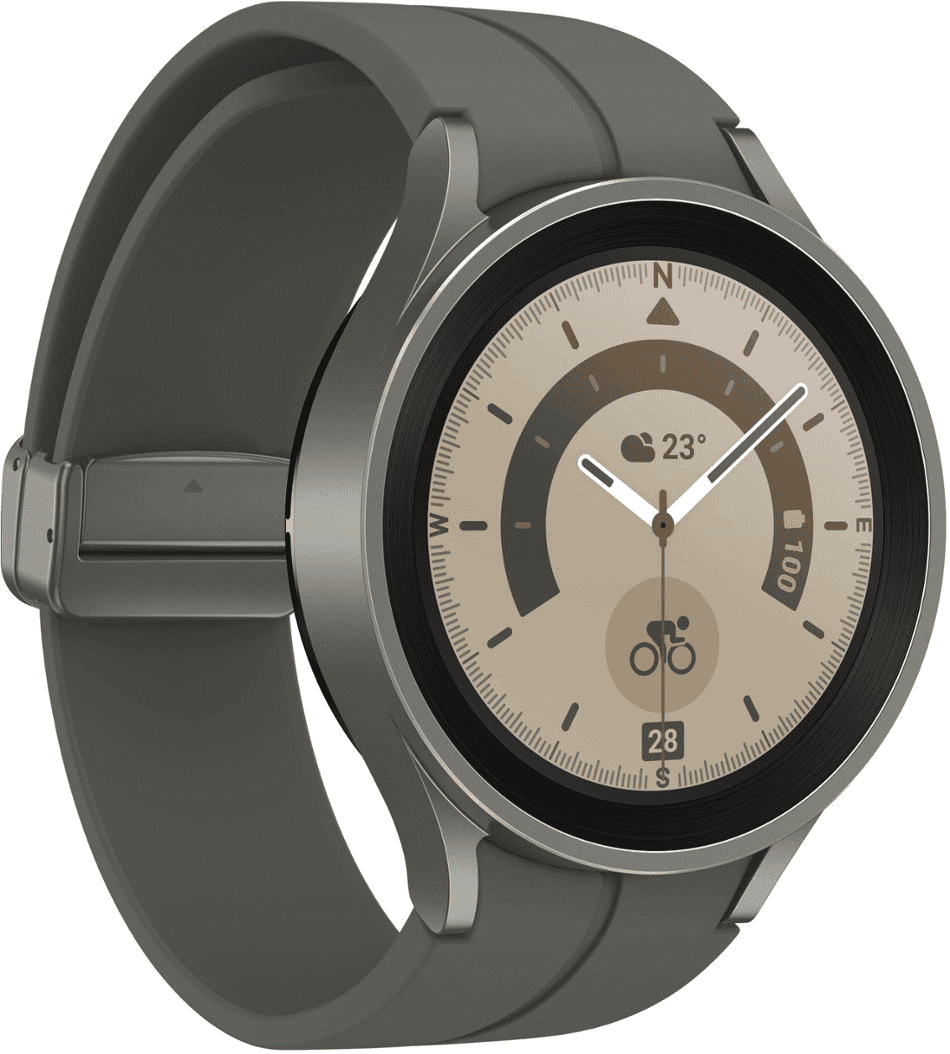
Both brands offer robust fitness tracking, but there are subtle differences.
- Heart Rate Monitoring: Both generally provide accurate heart rate data, but the Galaxy Watch, with its BioActive sensor, might offer more precise readings during intense workouts.
- GPS Accuracy: Both have built-in GPS, but accuracy can vary depending on factors like signal strength and environmental conditions. User reviews suggest that Fitbit might have a slight edge in GPS accuracy for running and outdoor activities.
- Sleep Stage Analysis: Fitbit is renowned for its detailed sleep stage analysis, providing insights into deep, REM, and light sleep. Samsung’s sleep tracking is also comprehensive, but Fitbit often offers more granular data and personalized sleep scores.
- Workout Modes: Both offer a wide range of workout modes, but Samsung generally provides more specialized options for activities like swimming and cycling, with advanced metrics tailored to those activities.
Smartwatch Functionality
Samsung takes the lead in smartwatch features due to its Wear OS platform.
- App Ecosystem: The Google Play Store on Galaxy Watch offers a wider selection of apps compared to Fitbit’s limited app gallery.
- Notifications and Communication: Both handle notifications well, but Galaxy Watch allows for more interactive responses and better integration with Android phones for calls and messaging.
- Voice Assistants: Galaxy Watch integrates with Google Assistant, while Fitbit uses Amazon Alexa. Google Assistant generally offers a more seamless and integrated experience on Android devices.
- Contactless Payments: Samsung Pay is widely accepted and offers more features than Fitbit Pay, which has limited bank and card support.
Software and Interface
Fitbit OS is known for its simplicity and ease of use, while Wear OS on Galaxy Watch is more feature-rich and customizable.
- Navigation: Galaxy Watch’s rotating bezel provides an intuitive way to navigate menus and apps, while Fitbit relies on touch input and button presses.
- Customization: Wear OS offers more watch faces, widgets, and customization options compared to Fitbit OS.
- User Experience: Fitbit OS is generally considered more user-friendly for beginners, while Wear OS caters to tech-savvy users who prefer more control and flexibility.
Practical Considerations and FAQs
Here are some practical aspects to consider and answers to common questions.
Battery Life and Charging
Fitbit generally offers longer battery life, lasting several days on a single charge, while Galaxy Watch typically lasts around two days. Both support wireless charging, but Samsung’s magnetic charging puck is often considered more convenient.
Bands and Straps
Both brands offer a variety of interchangeable bands and straps for customization and comfort.
Price and Value
Fitbit devices generally have a lower starting price compared to Galaxy Watch models. However, the value proposition depends on your needs and priorities. Fitbit offers a more affordable entry point for fitness tracking, while Samsung provides a premium smartwatch experience at a higher cost.
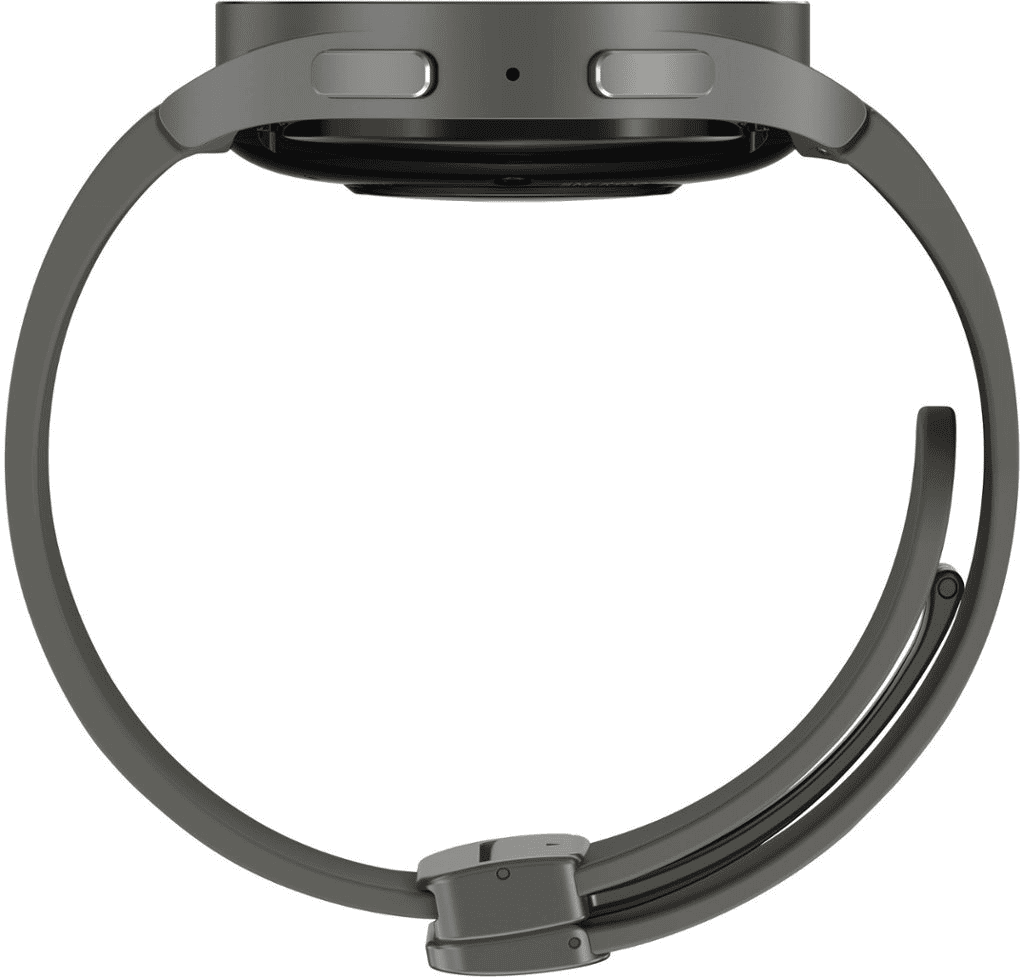
Comparison Table
| Feature | Fitbit Charge 5 | Samsung Galaxy Watch 5 | Fitbit Versa 4 | Samsung Galaxy Watch 4 |
|---|---|---|---|---|
| Display | 1.04″ AMOLED | 1.4″ Super AMOLED | 1.58″ AMOLED | 1.4″ Super AMOLED |
| Water Resistance | 50m | 5 ATM | 50m | 5 ATM |
| Battery Life | Up to 7 days | Up to 40 hours | Up to 6 days | Up to 40 hours |
| GPS | Built-in | Built-in | Built-in | Built-in |
| ECG | No | Yes | No | Yes |
| Blood Oxygen Monitoring | Yes | Yes | Yes | Yes |
| NFC | Yes | Yes | Yes | Yes |
| Voice Assistant | Alexa | Google Assistant | Alexa | Google Assistant |
| Starting Price | $149.95 | $279.99 | $199.95 | $249.99 |
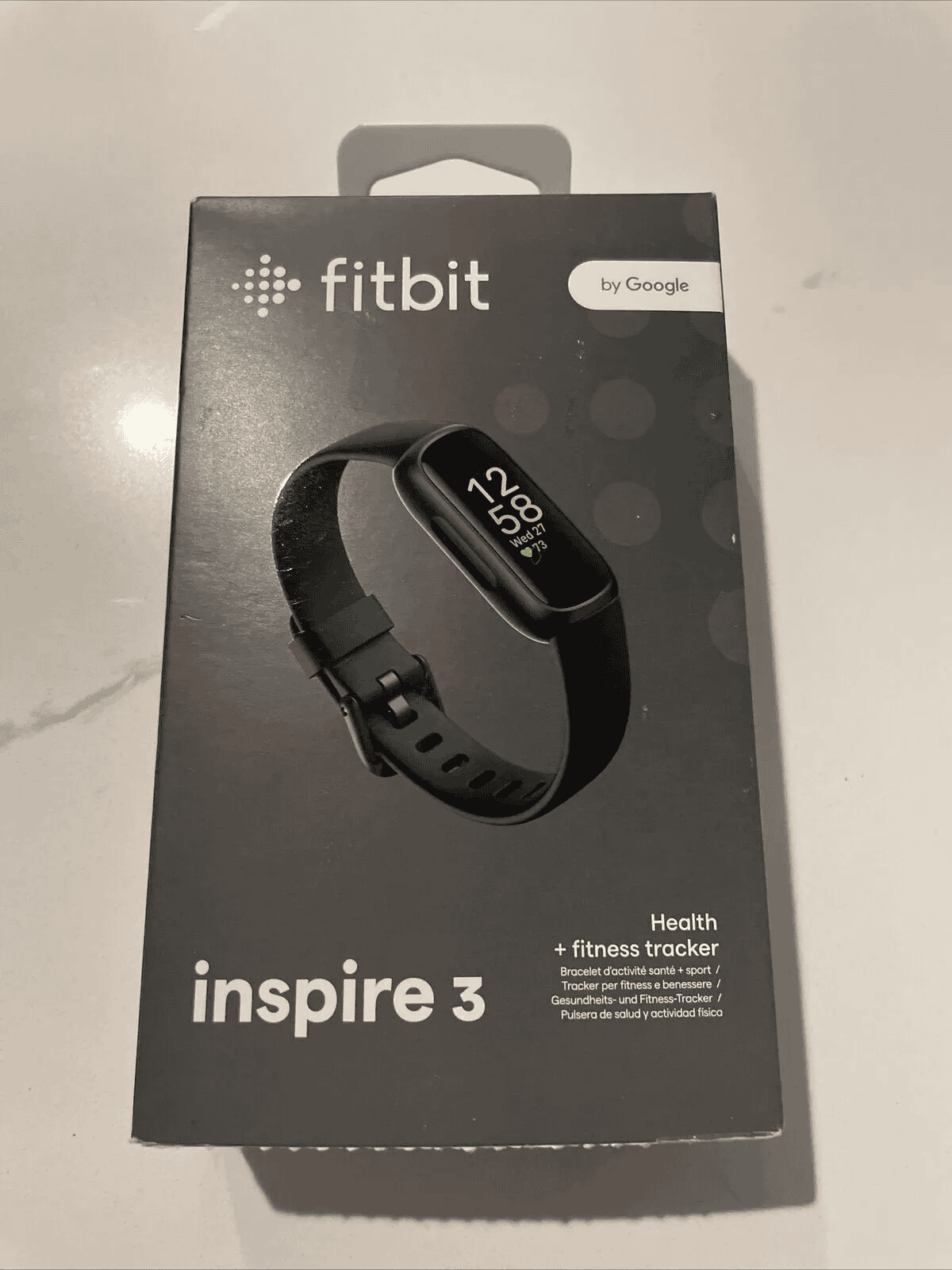
Topics To Address
| Topic | Answer |
|---|---|
| Can I use a Samsung Galaxy Watch with an iPhone? | You can pair a Galaxy Watch with an iPhone, but functionality is limited. Some features, like ECG and messaging, might not work properly. |
| Which brand has better accuracy for step tracking? | Both brands offer generally accurate step tracking, but Fitbit might have a slight edge in accuracy due to its longer history and focus on fitness tracking. |
| What are the key differences between Fitbit Premium and Samsung Health? | Fitbit Premium provides more detailed sleep analysis, personalized insights, and guided programs. Samsung Health offers basic fitness tracking and health monitoring features for free, with a premium option for more advanced metrics and programs. |
| Which brand offers better customer support? | Both brands offer customer support through their websites, phone lines, and social media channels. User reviews suggest that Fitbit might have slightly better customer support responsiveness and helpfulness. |
Key Takeaways
- Fitbit and Samsung Galaxy Watches cater to different user needs and preferences.
- Design and interface distinctions are fundamental between the two brands.
- Technical specifications and features can influence the decision-making process for buyers.
Design and Build Comparison
When comparing the Fitbit and Samsung Galaxy Watch, aspects like material durability, display features, and size carry weight in user experience.
Material and Durability
The Samsung Galaxy Watches often boast a stainless steel body with Gorilla Glass for the display, enhancing durability. The Fitbit Sense’s case is also made of stainless steel, providing a solid build. Both offer water resistance, making them fit for exercise and some water activities.
Display Features
Samsung typically opts for Super AMOLED displays known for high contrast and vibrant colors. Fitbit Sense may use an AMOLED display giving it a bright and clear screen as well. The touchscreen of both brands is responsive, and visibility in sunlight varies depending on the model.
Dimensions and Weight
Samsung offers watches in different sizes, which affects dimension and weight. The Fitbit tends to follow a square design that is light on the wrist. The exact dimensions and weight can vary, with larger models weighing more. Both products come in various colors, including black and silver, allowing a degree of personal choice.
Technical Specifications and Performance
Technical specifics define the user experience for wearables such as the Fitbit and Samsung Galaxy Watch. Performance in areas like hardware, health tracking, and connectivity are critical for these devices.
Hardware and Storage
The Samsung Galaxy Watch 4 starts with a baseline of 1.5GB RAM and offers 16GB of internal storage. In contrast, the Fitbit Sense typically has lesser storage capacity, which is sufficient for core functions but limited for extensive app use. Both devices support wireless charging, but Samsung includes a magnetic charging feature.
Health and Fitness Features
Samsung’s Galaxy Watch and Fitbit Sense are equipped with an array of sensors to monitor health. They track heart rate, sleep, steps, and offer various workout tracking modes. The Galaxy Watch 4 includes a BioActive Sensor for heart rate and Bioelectrical Impedance Analysis, while the Fitbit Sense boasts an EDA sensor for stress management and a skin temperature sensor.
Software and Ecosystem
Samsung’s devices run on Wear OS, allowing for a seamless integration with the Android ecosystem and a wide range of apps. Fitbit OS powers Fitbit devices, featuring a more focused health and fitness experience with Fitbit Premium services. Both offer smartwatch features like notifications and music control.
Connectivity and Sensors
For connectivity, both brands support Bluetooth, Wi-Fi, and NFC. Samsung has an edge with more advanced communication options on some models. Their latest watches tend to include a microphone and speaker for voice commands through Google Assistant. Fitbit has integrated Amazon Alexa in its devices for voice control.
Health Monitoring Capabilities
Both brands focus heavily on health and fitness tracking. Samsung watches provide ECG and blood pressure monitoring, alongside VO2 Max and stress level measurements. Fitbits are known for their health condition monitoring, such as irregular heartbeat notifications, and detailed health metrics through the Fitbit app.
Frequently Asked Questions
This section addresses common inquiries about Fitbit versus Samsung Galaxy Watches focusing on their distinct features and performances.
What are the primary differences in health and fitness tracking between Fitbit devices and Samsung Galaxy Watches?
Fitbit devices excel in health and fitness tracking with a reputation for comprehensive wellness metrics. Samsung Galaxy Watches, running Wear OS, also offer detailed fitness tracking yet often focus more on smartwatch capabilities.
How do Fitbit and Samsung Galaxy Watch compare in terms of battery life and charging capabilities?
Fitbit wearables usually offer longer battery life, lasting several days on a single charge. In comparison, Samsung Galaxy Watches tend to require more frequent charging, typically offering around two days of battery life based on usage.
Can Fitbit devices synchronize effectively with Samsung smartphones?
Fitbit devices can sync with Samsung smartphones, allowing users to connect their wearable with a wide range of Samsung devices seamlessly.
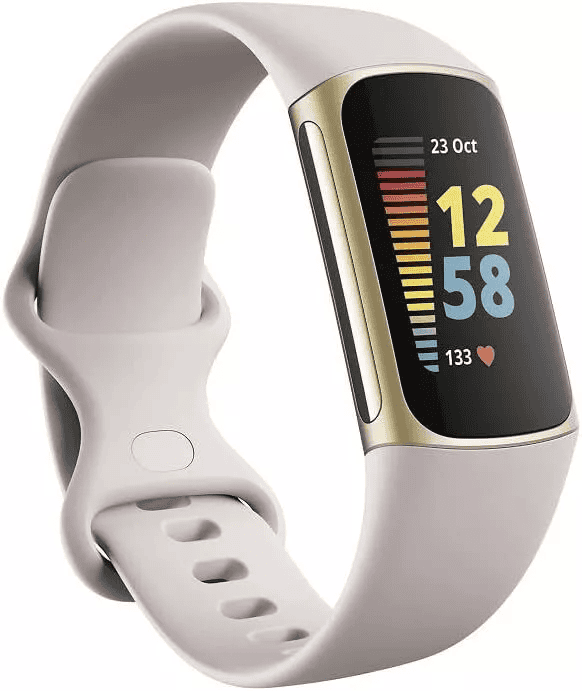
In terms of durability and build quality, how do Fitbit wearables fare against Samsung Galaxy Watches?
Both Fitbit and Samsung Galaxy Watches are built to last with quality materials. However, specific models may vary in durability features like water resistance and scratch-resistant glass.
What are the variations in smartwatch features like notifications and applications between Fitbit and Samsung Galaxy Watches?
Samsung Galaxy Watches usually support a broader range of apps and customization due to the Wear OS platform. Fitbit focuses on health-centric apps and gives users notifications and quick replies feature.
How do user experiences differ when using Fitbit’s versus Samsung’s sleep tracking functionalities?
Fitbit is well-known for its sleep tracking capabilities, offering detailed insights into sleep patterns. Samsung has introduced sleep tracking features as well, but Fitbit often leads in the depth of sleep analysis provided.

